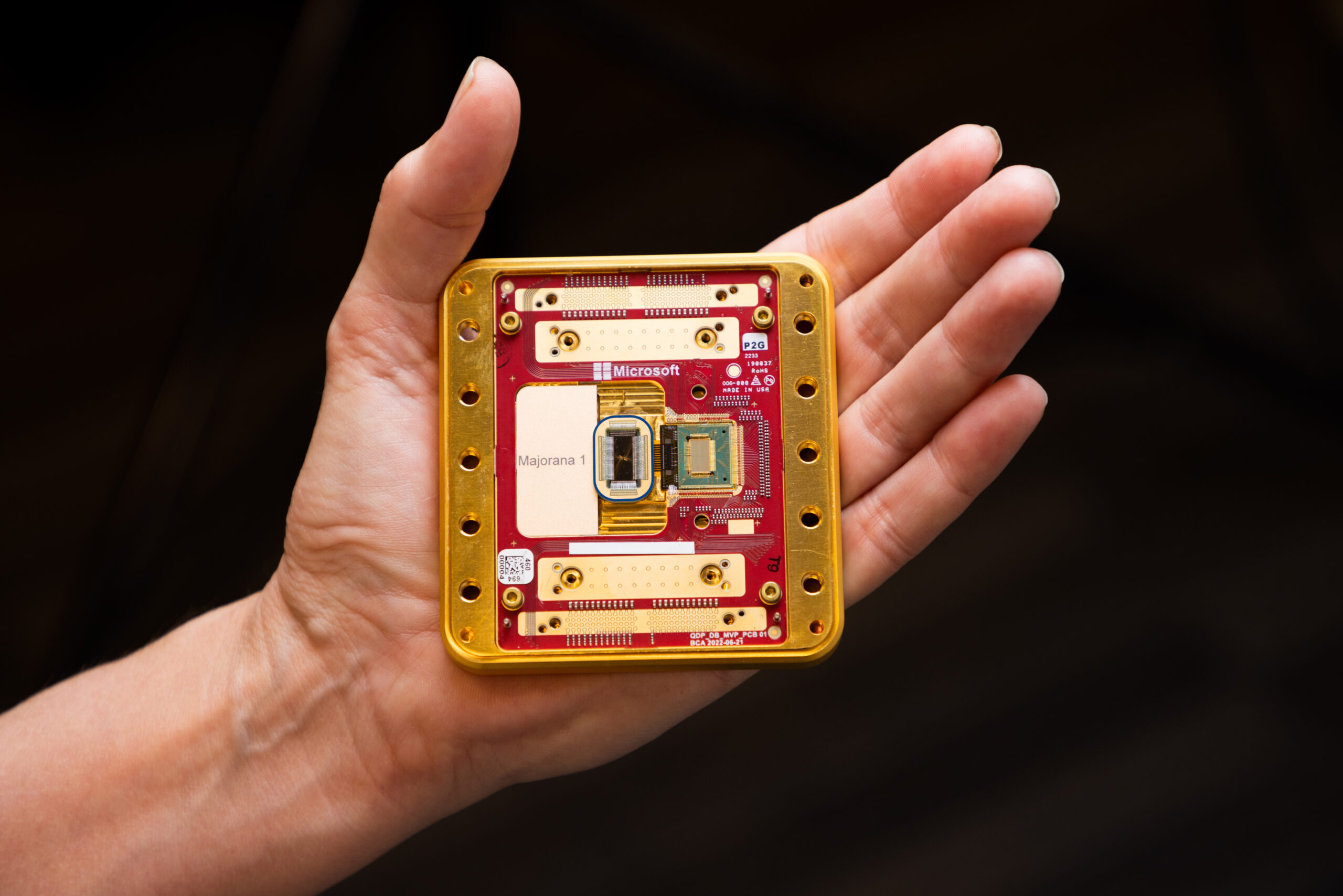
The Majorana 1 chip is distinguished by its Topological Core architecture, which facilitates the creation and stabilization of Majorana particles. These particles are integral to forming topological qubits, renowned for their enhanced stability and resistance to environmental noise—a critical factor in scaling quantum systems to the million-qubit threshold necessary for practical applications.
Satya Nadella, Microsoft's CEO, emphasized the significance of this development, stating that the discovery of the topological superconductor material, achieved after nearly two decades of research, is pivotal in realizing more stable qubits. This breakthrough is anticipated to revolutionize fields such as drug discovery and environmental sustainability by solving complex problems beyond the capabilities of classical computers.
The introduction of the Majorana 1 chip has also influenced Microsoft's financial landscape. Despite the technological leap, the company's stock has experienced pressure, recently reaching a six-month low. Technical analyses indicate that the stock is trading below key moving averages, with a weakened Relative Strength Rating. While earnings growth remains solid, a slight decrease in institutional investment has been observed, leading analysts to adopt a cautious stance regarding the stock's immediate prospects.
Quantum computing, fundamentally different from classical computing, operates on the principles of quantum mechanics. The Majorana 1 chip's reliance on topological qubits marks a departure from traditional approaches, offering a path toward more reliable and scalable quantum systems. However, experts advise cautious optimism. Physicists such as Paul Stevenson and George Booth highlight the challenges that lie ahead, including the need for further development and verification to ensure the technology's scalability and practical applicability.
Topics
Technology
